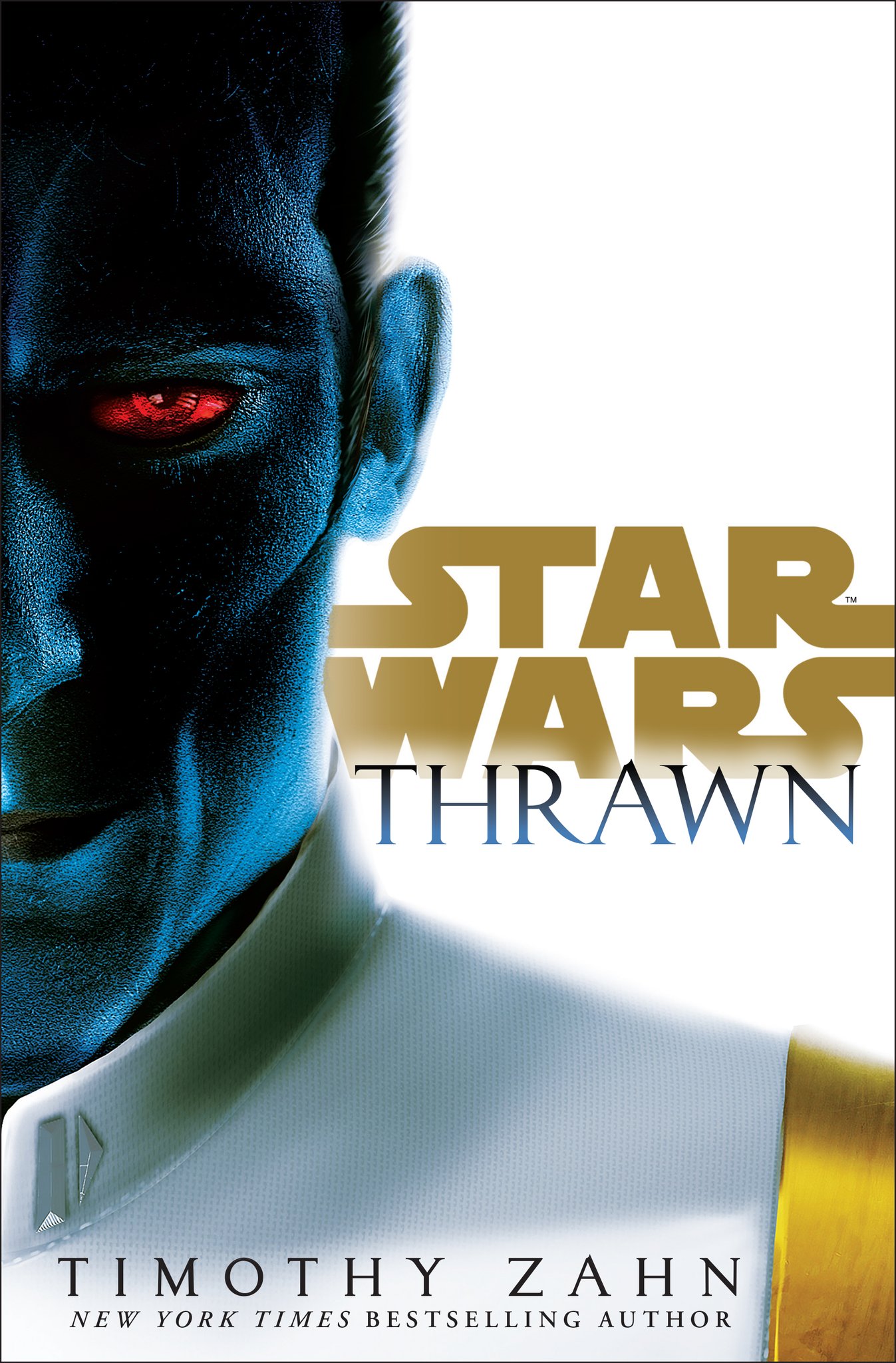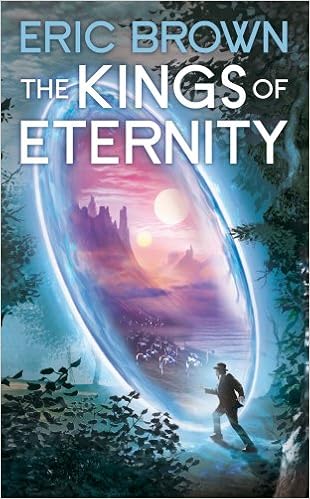My rating: 4.3 of 5
Released to high expectation, Star Wars: Thrawn is the latest addition to the (new) official Star Wars canon. Having been a casual dabbler of Expanded Universe material over the years and knowing the significance of Admiral Thrawn as a character, this book caught my attention early, metaphorically slapping me across the face, strongly suggesting that I read it. How could I possibly resist? After all, it’s written by one of the biggest names in the sci-fi literary world and the main character is one of the most cunning and ruthless in the entire history of the Star Wars universe.
It’s written of course by Timothy Zahn, a fine author who has also penned a good number of other Star Wars novels including the immensely popular Thrawn Trilogy novels which were released in the early ’90s. At one point there was a movie adaptation of that series rumored but it has not materialized as yet. However, Grand Admiral Thrawn has made it to the small screen by becoming a key character in the Star Wars Rebels animated TV series.
The book begins when an Imperial Navy team is attacked by a blue-skinned alien on a remote planet, a member of the mysterious Chiss species who calls himself Mitth’raw’nuruodo. He is allegedly a disgraced military commander exiled to the planet by his own rulers. His name is shortened and he becomes known as Thrawn.
The story follows Thrawn and young cadet Eli Vanto, who’s brought along first as a translator, then as Thrawn’s aide, as they rise to power within the vast Imperial military machine. Thrawn manages to impress Emperor Palpatine who recognizes his potential and personally helps to expedite Thrawn’s progression through the ranks. Thrawn and Vanto are sent to an Imperial military academy and then into the Navy fleet, where Thrawn quickly demonstrates his brilliance as a tactical commander, hunting down pirates and various organized insurgent groups. Together Thrawn and Vanto are like a Star Wars version of Sherlock Holmes and Dr. Watson, unraveling mysterious troubles facing the Empire. However, Thrawn shows himself to be weak in the realm of politics where, as a high-ranking military officer, he really needs to be strong and proficient. This is where another of the book’s key players fits in.
Along side the story of Thrawn’s rise to power, there is the parallel story of Arihnda Pryce who is on her own meteoric rise to power from her humble beginnings as small scale mine manager to a planetary Governor based in the magnificent halls of power on the capital world Coruscant. The two stories become nicely intertwined as each character moves up their respective ladders of power and influence, Thrawn on the actual battlefield out in space and Pryce on the political battlefield.
Written in an easy and concise style, each chapter opens with a thought or teaching from the mind of Thrawn himself which shows his reasoning and logic on various matters such as leadership and tactics. Also interspersed though the text in scenes where Thrawn is present are his observations of what is happening in the scene. These are presented in italics inline with the main text and add an interesting first person perspective to the overall third person viewpoint. I thought this added a nice depth to the story telling.
It’s not what I’d call an intense or action-packed novel, but what action scenes there are form necessary parts of the story and are written well. The world-building is modest, to be honest, and it’s clear that some prior knowledge of Star Wars locations and species has been assumed by the author. This will be no issue at all for seasoned Star Wars fans, but those new to the finer points will probably require a little extra information. I actually had my copy of Star Wars: The New Essential Guide to Alien Species on hand to assist and this was a great help. It’s also quite dialogue heavy, but again this is a required aspect because of the often political and plot-heavy nature of the story. The conversations are well written in contemporary language and easy to follow.
Despite Thrawn being one of the big name Imperial bad guys within the Star Wars universe, I actually found him quite likeable. He enjoys and appreciates art and recognizes it’s value in understanding a culture. He shows himself to have reasonable morals, is a thoughtful and considerate leader, planning his moves carefully rather than using aggression and brute strength at every opportunity. He genuinely believes violence to be counterproductive and a last resort action. His own complex motivations for aligning himself with the Empire are explored as the story progresses. He seems to have some knowledge of a greater threat to the wider galaxy including the mighty Empire (presumably he’s referring to the Yuuzhan Vong) and desires to use his position within the Imperial Navy to help prepare for it. This part of the plot certainly leaves much room for future stories. Bring them on!
Minor parts are played by some other key figures from the Star Wars universe, the most notable ones being Grand Moff Tarkin and Darth Vader. They do not form large parts of the plot, yet they are significant in their presence and again point to there being more to this story arc in the future. Also, this book gives a little background to another key story within Star Wars, one that was explored in a recent standalone movie, and again hints at Disney’s new direction with the franchise to possibly align some of the bigger story arcs in a more complete way. I’m all for this, and for a person who was worried about the direction that Star Wars would take under it’s new ownership, I’m generally pleased with how things are shaping up. Because I’m a fan focused more on the literature side of things rather than the movies (which I also enjoy), if they can maintain this standard by using more top authors to produce books of this caliber then I’ll be more than happy.
In summary, I think this is a great addition to the new Star Wars canon which does not seem to diminish the contribution of earlier Expanded Universe material (now re-branded as Star Wars Legends). It should be an accessible novel for both fans and newcomers alike and I think that it’ll do well. I enjoyed reading it very much and thoroughly recommend it.
4/5 for concept
5/5 for delivery
4/5 for entertainment






